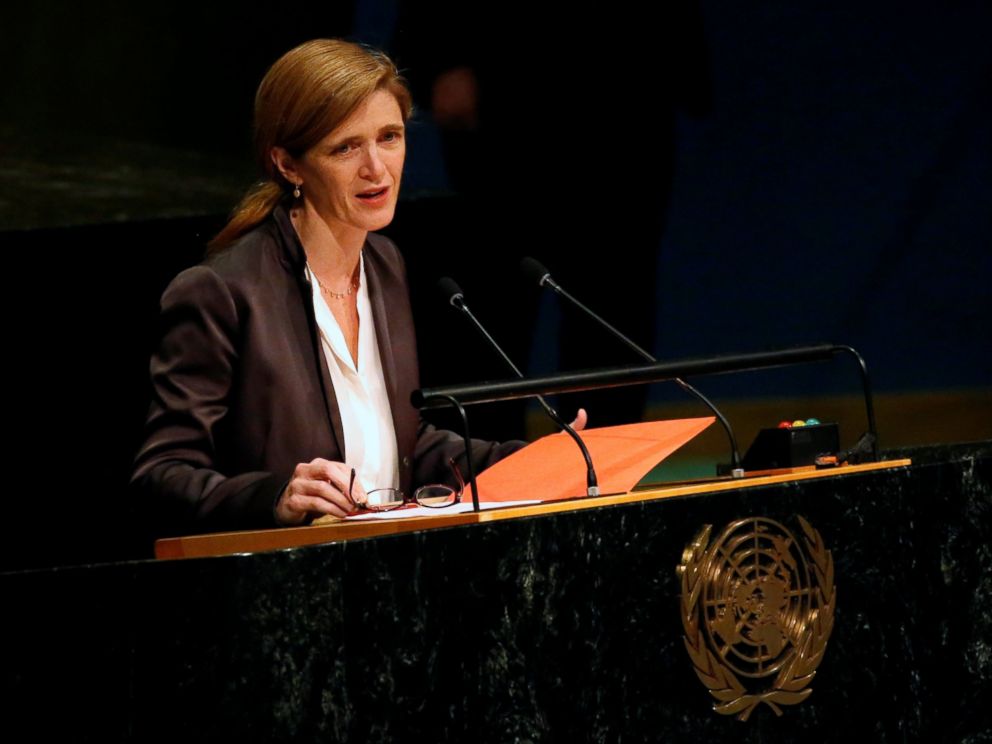US Call for End to Airstrikes in Yemen Faces Backlash From Advocacy Groups
Advocacy groups pointed to U.S. being complicit in devastation in Yemen.
— -- After Samantha Power, the United States ambassador to the United Nations, demanded Saudi Arabia end its devastating airstrikes in Yemen, advocacy groups were quick to point out that the U.S. has been largely complicit in the carnage in Yemen by supplying the Saudi-led coalition with arms and support.
"Ambassador Power's remarks, calling for an end to unlawful strikes that kill civilians and hit protected civilian objects, are certainly welcome. But the U.S. has repeatedly failed to acknowledge its own role providing vital support to those airstrikes by refueling coalition planes and continuing to supply Saudi Arabia with U.S. weapons," Priyanka Motaparthy, senior emergencies researcher at Human Rights Watch, told ABC News today.
"We've repeatedly called on the U.S. government to stop selling arms that could be used in unlawful strikes to Saudi Arabia. Members of Congress have also tried to stop these sales. It's time for the government to go beyond just statements and suspend their support," Motaparthy added.
In her remarks to the U.N. Security Council Monday, Power said the U.S. "calls on the parties to recommit immediately to the cessation of hostilities, which means halting all military actions on the ground, in the air, and at sea. That includes an end to shelling and an end to airstrikes."
She continued: "Airstrikes that hit schools, hospitals, and other civilian objects have to stop. In many cases, these strikes have damaged key infrastructure that is essential to delivering humanitarian aid in Yemen."
"The United States strongly condemns the airstrike on mourners at a reception hall in Sana’a earlier this month. This strike left 140 mourners dead and more than 600 injured," Power added.

The bomb that was used in the airstrike on the funeral in Sana'a was actually a U.S.-made bomb, according to an investigation led by HRW that reviewed photos and video footage from the scene of the attack.
Amnesty International also revealed in September that a U.S.-made bomb was used in a Saudi-led airstrike on a Doctors Without Borders (an aid group commonly known by its French acronym, MSF) hospital in Northern Yemen over the summer. That strike killed 11 and caused MSF to withdraw from the area, taking with it critically needed health care services.
Advocacy groups have called on the U.S. for months to stop supplying weapons and assistance to Saudi Arabia because of the Saudi-led coalition's apparent indiscriminate use of these arms on civilians in Yemen.
U.S. lawmakers cleared the way just this fall for a new massive arms deal between the U.S. and Saudi Arabia to proceed, after voting against a resolution that would have blocked the sale of $1.15 billion worth of land military equipment from the U.S. to Saudi Arabia.




